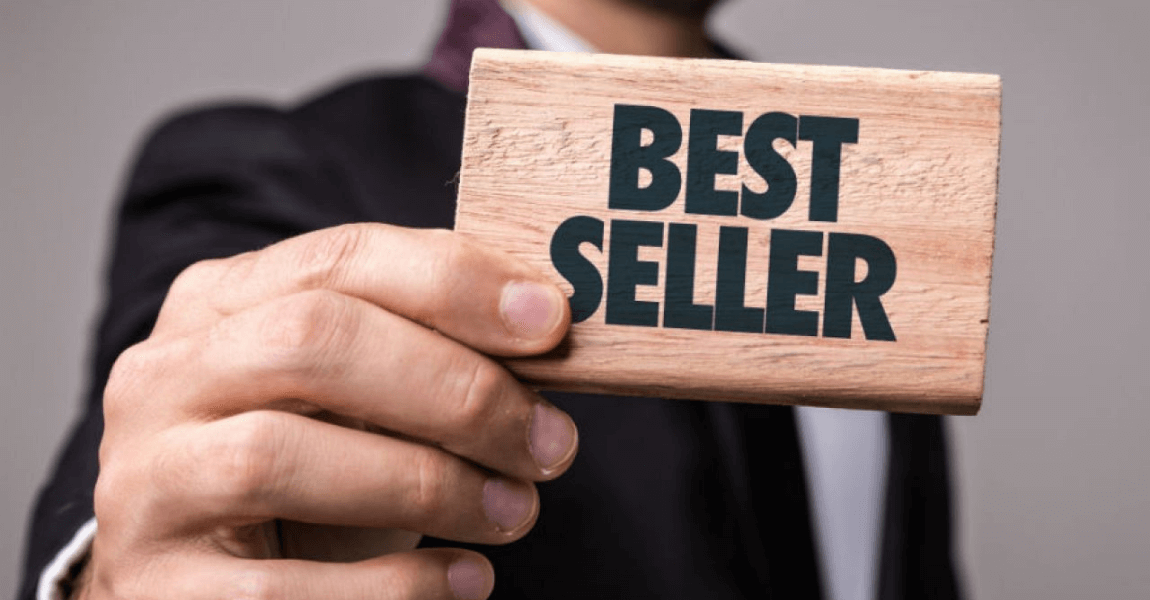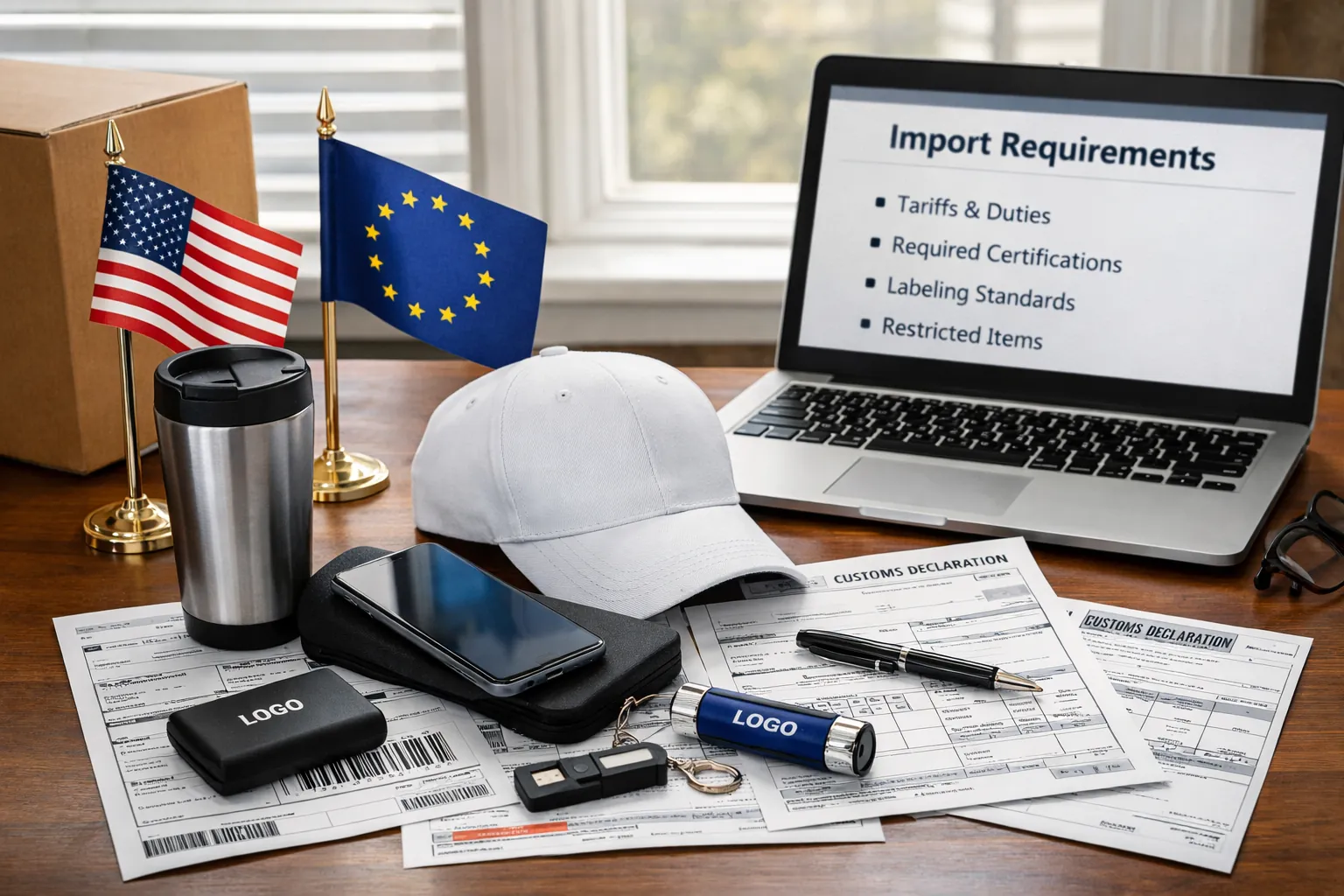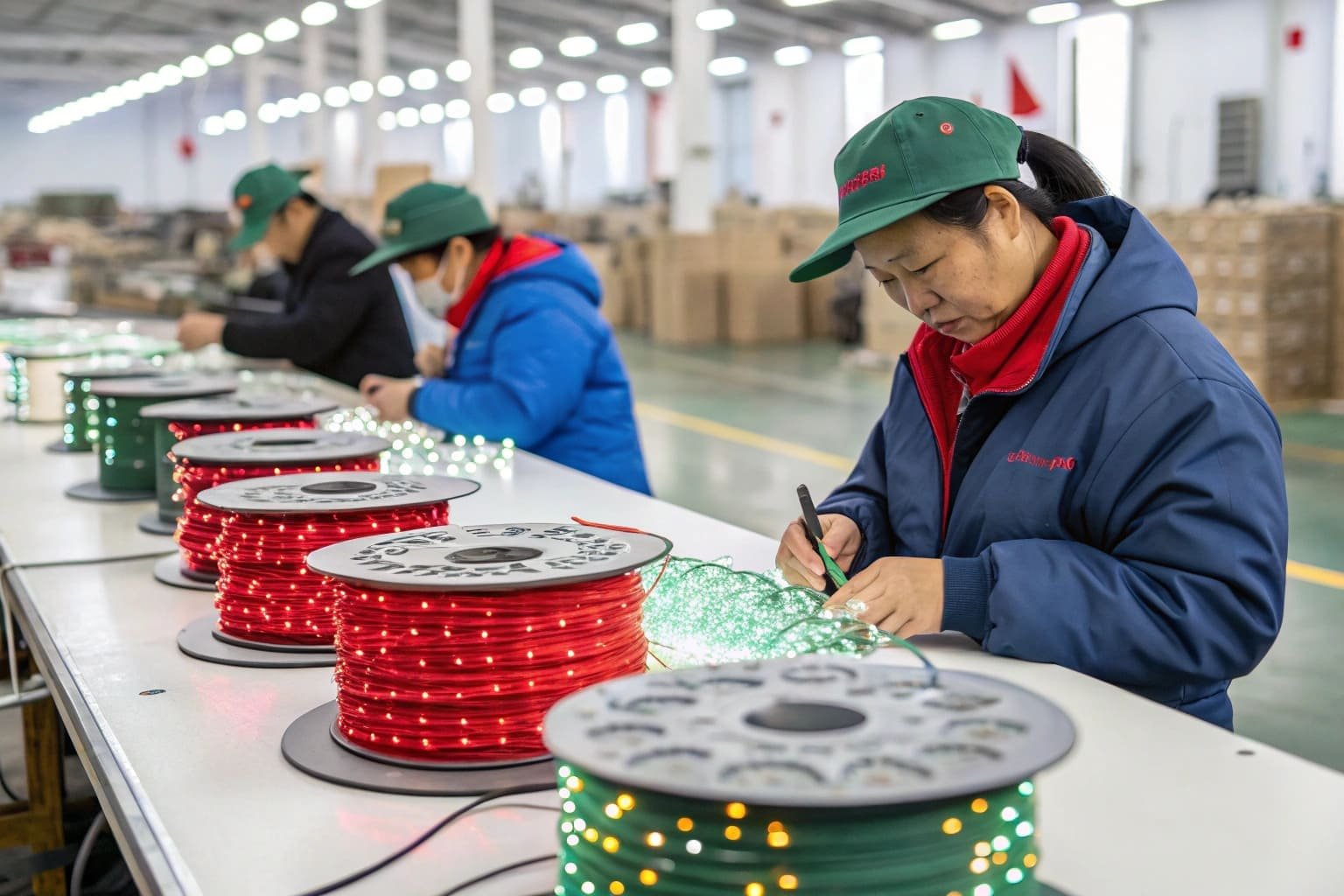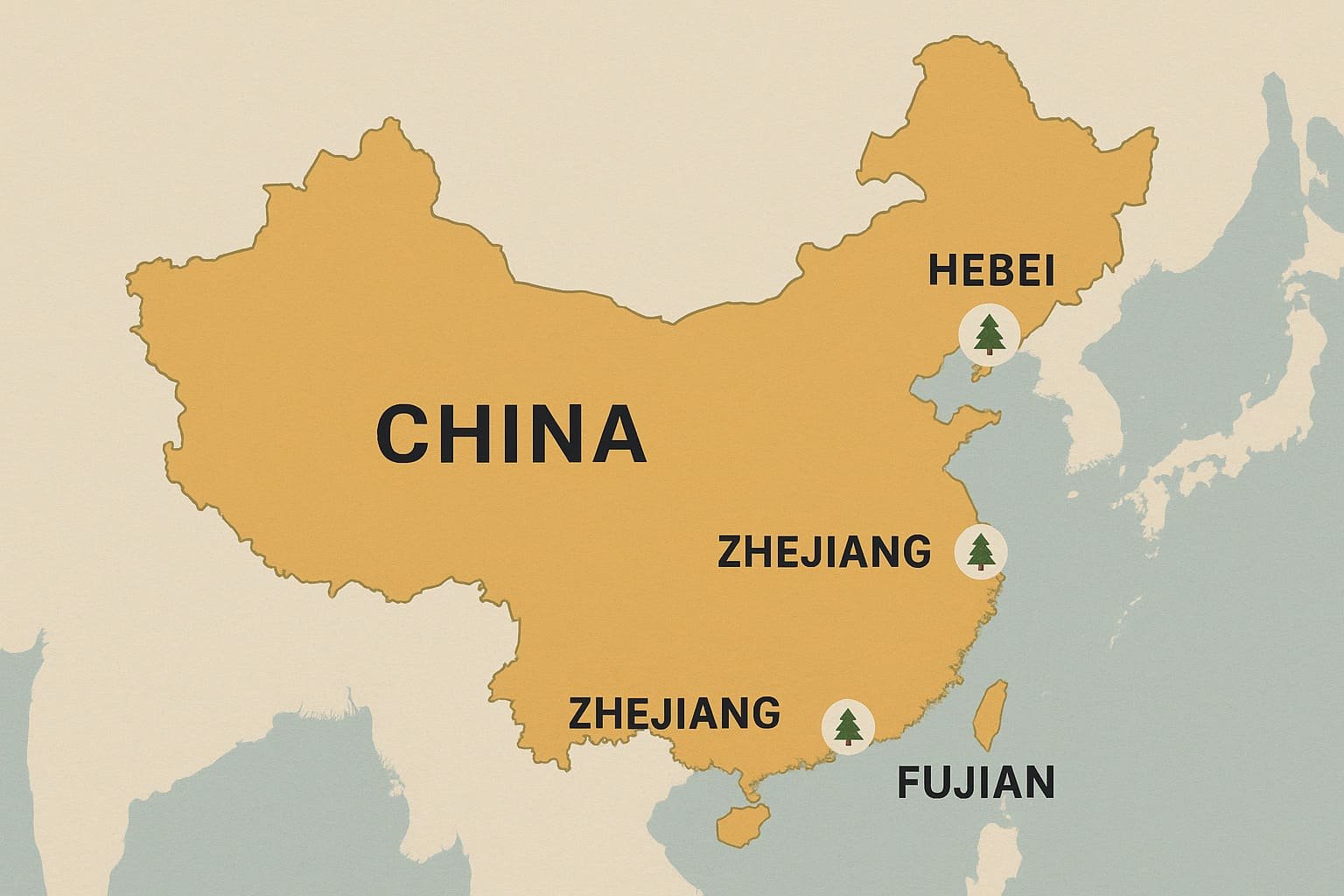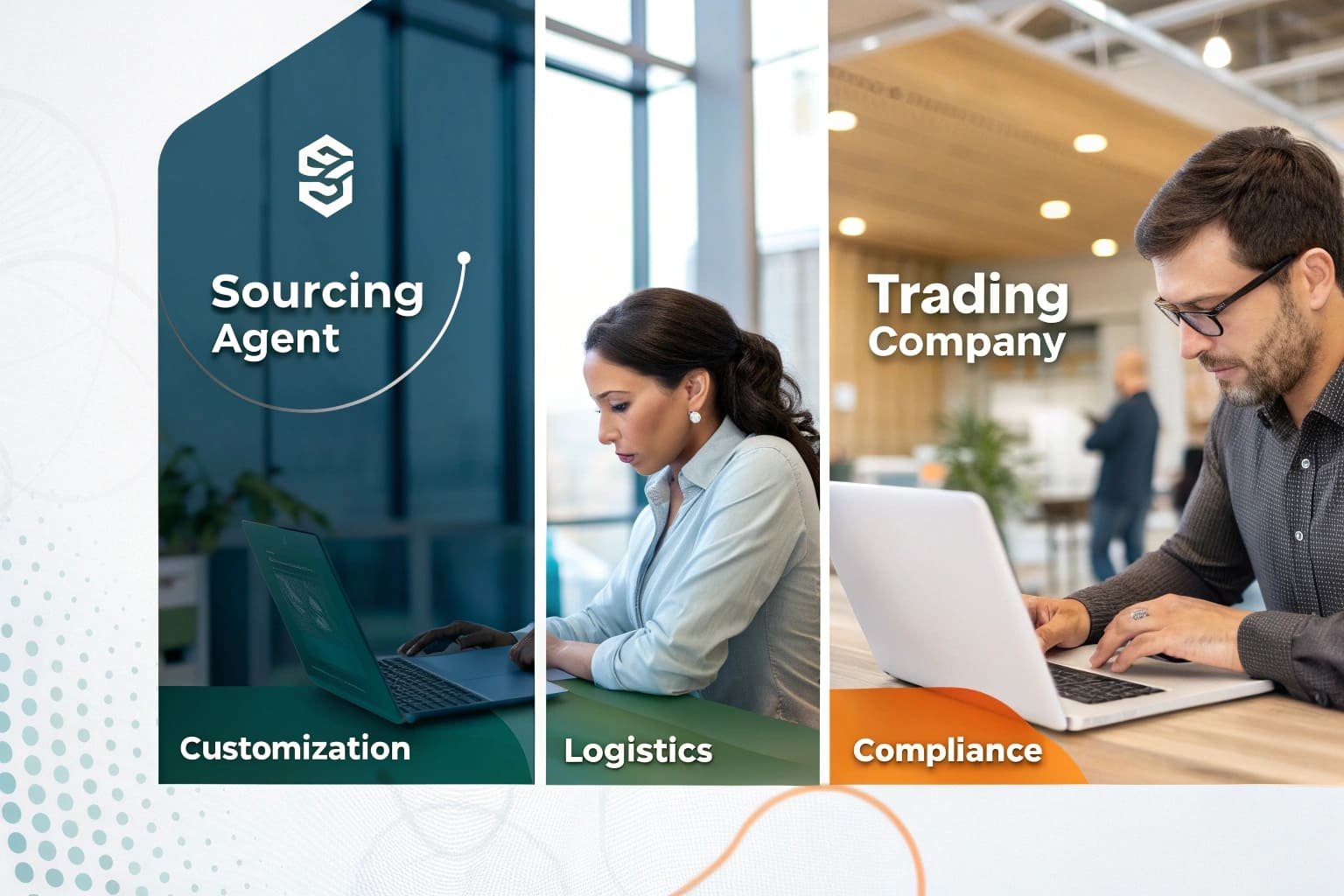My colleagues asked me yesterday what kind of professionalism do I need to be a top promotional products salesman? I’ve been thinking about this question all afternoon. At the same time, I also reviewed my entire career from I started to enter the promotional products industry as a buyer in 2004 and served a well-known promotional products company as a sales manager. These two very different roles have made me realize that if you want to be a good salesman, you’d better have worked as a buyer also. Only in this way can you understand what buyers really need.
OK, let’s get back to the point. First of all, have you ever asked yourself if close a deal with a customer, what is the possible reason? Price? Good product? High quality? In fact, there is only one essential reason: that is you have met the purchasing needs of customers, and you have provided better solutions, lower costs, and risks than other suppliers. When you do every step, is it from the customer’s point of view? If so, he will not refuse you, because it is in the interests of the customer. So that’s why we often say: the essence of sales is not that you are selling, but that customers are buying.
However, please note that what I said from the customer’s point of view is not to blindly say yes! Instead, you need to put their business as the center, their procurement process as the center.

what is customer business-centric
For example, in August 2019, our sales team went to visit customers in the United States. The three-day itinerary is as follows:
Day 1: We visited 6 offline retail stores with the design team of customers to study what kind of products will be more popular and what kind of design will move consumers more.
Day 2: We review all product lines together with the customer’s design team, sales team, and management team, and understand the current sales situation.
Day 3: We reviewed the working process between our two companies with their operation team, and the financial situation in 2018 with their management team, as well as the main challenges and key objectives in the following years.
What do most other suppliers do when they visit customers? They usually take out their laptop and turn on the PPT to start speaking. Then, place the proofed new products in front of the customer to start explaining the functions of the products. Finally, they may try to know when do they get the first trial order will from customers.

what is the customer-centered purchasing process
You can find that, unlike other suppliers, our focus has always been on how to help customers expand their business. That is customer business-centric. And, what is the customer-centered purchasing process?
In fact, all the purchases (B2B or B2C) have a common logic;
All the decision changes of customers are based on this logic, which is called the “purchasing process”.
In short, almost all purchase processes can be divided into three main stages:
Generation of purchase demand
Procurement scheme evaluation
Risk assessment
Let’s use a simple example to illustrate that. One day when you are walking on the road, you suddenly feel thirsty. This is the generation of demand, and thirst is what you need to solve.
So you walk into the convenience store and start picking from the shelves. When you’re deciding which drinks will solve the problem, this is the start of evaluating the solution.
When there are only ice water and coke left, you suddenly think that you are overweight. If you drink coke, you don’t know how long you have to exercise to consume the calories, so you finally choose ice water. This is the risk assessment before the purchase decision.
As a top seller, we must understand that in the three main purchasing processes mentioned above, the later (or less) the sales intervene, the lower the probability of getting orders.
For example, there is a big customer who sent you an inquiry a month ago. You have quoted the price, but after that, there was no further. However, today, he suddenly called you and said that he would make a decision tomorrow. The time is very tight. He hopes you can make a new plan and give him the best price.
I believe that many people will be very excited when they encounter this kind of situation and feel that they have finally ushered in the dawn of hope.
However, the reality is very cruel. If you don’t know what the customer is doing in the previous stage and he also doesn’t want to take the time to elaborate on his needs (for example, you want to know more about the project, but the other party says you only need to quote the best price), then the probability of choosing you is very small.
Even if your updated solution has an overwhelming advantage over your competitors, customers will wonder, “why is there such a big gap?” and “Isn’t there any risk?”.
As in the customer’s purchasing process, you intervene too little and too late. At this time, your role is likely to be just a backup to help customers reduce the risk of choosing the intended supplier.

Of course, you may ask, if you don’t quote this time, it’s very likely that I won’t even have the chance to make the next offer. What should I do? Very nice! Another quality that top salesmen need to have is to be good at asking questions.
So, should we quote? If so, what kind of strategy should be adopted?
I’ll detail my approach in the next article.
Finally, if you are interested in discussing some sales or purchasing skills with me, I will be very welcome. You can contact me via LinkedIn or email me directly at sales@plentmax.com, thank you for taking the time to read my article!

